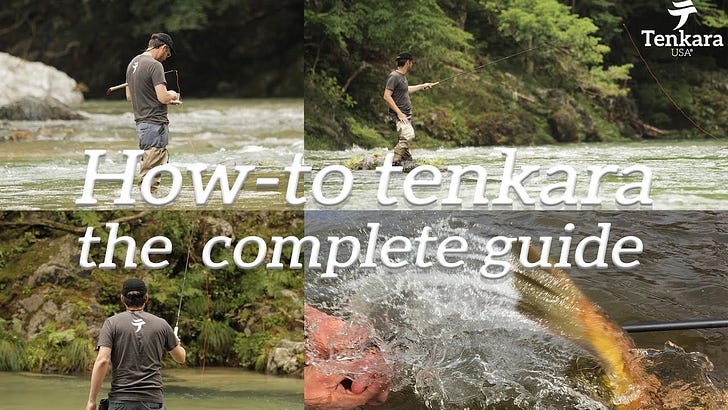A few years ago, while walking along Merion Road, I noticed a man fishing in the expanse of green that makes up the wide lawn of the Merion Botanical Gardens. He had his rod and reel and was casting out into the grass. I watched him for a few moments, intrigued. The throw of his line through the air created a hypnotizing flick, flick, swoosh. I suppose he wanted to practice his casting but didn’t want to drive to the Schuylkill or the Wissahickon Rivers or to the Jersey shore, so he just went out his front door and practiced on the green grass at the park.
As I continued on my way, I stopped thinking of him and started thinking of another man, a made up man, who came to me as I moved up and down Merion Road. My imaginary man was old and getting forgetful, the kind of forgetful that gets worse each day and brings a kind of torment, until finally, mercifully, all is forgotten except for a few things, muscle memories and brothers no longer alive and young love.
Walking along, I couldn’t stop thinking of this imaginary man, who he was, who he had been. His life filled my thoughts. His wife had died and he became more confused without her to ground him. His poor son, also made up, was heartbroken but happy to have his father with him still. Sometimes, the man mistook his son for his father, his granddaughter for his wife. His body was still fit, he could walk for miles, but his mind was a jumble.
When I got home, I looked up fishing, which led to fly fishing, which led to fly fishing the tenkara way. There were hours and days of this research, of watching videos, a few checked out library books, questions for the fishermen I knew, of trying to write stories and poems about the imaginary man, daydreams about fly fishing, how maybe I would go to Montana and take lessons, until finally my head felt as if it might explode like a gut shot pumpkin.
The original fisherman, the one I actually saw, never appeared again. But the imaginary one remains. Sometimes I wonder did I make them both up? No matter, for I still see my made up man in the park. He carries a flask of tea, a rod, a line, some flies. I watch him set his fly upon the line and cast out into the green grass. There is no lake, no pond, no river, just a stream filled with rocks and pebbles, some mosquitoes and frogs, though he never goes near the stream. There are no fish to catch and yet he is fishing in the green grass. The flick of his line swishes through the air as the sun’s rays filter through the leaves of oak and pine and cherry blossom. He looks at me and I at him. We do not speak and still I know all there is to know of him and of his life, as if rocks of forgetfulness have dropped into his mind and splashed the water of his memories over me.
My made up man learned to fly fish in the mountain streams near Mt. Tateyama in Japan, where the fish leap to the fisherman’s line. He walked those streams alone every day until one morning the mists rose and he saw a girl. The strands of her hair were like the tails of falling stars, luminous and dark in the skies, her face like the heavens. She taught him to fish the tenkara way.
The man fell in love with tenkara for the way the fly seemed to descend from the heavens like a glistening gift from the gods and with the girl for the way she bent her head to the water and taught him the Japanese words for all things. By nightfall on the first day of their first meeting, he knew that he would fish with her forever.
The man is old now and has forgotten so much, how to drive, words like shroud and leaving, his memories languish in the lapsed synapses of his heart. Still, he remembers mountain streams and how to fly fish. He casts the tails of falling stars into the green grass as dusk descends and within the circle of his casted line, all is a garden, a burning bush, an empty tomb, all is love. When I walk in The Merion Botanical Gardens, I walk in the circle of his casted line.



